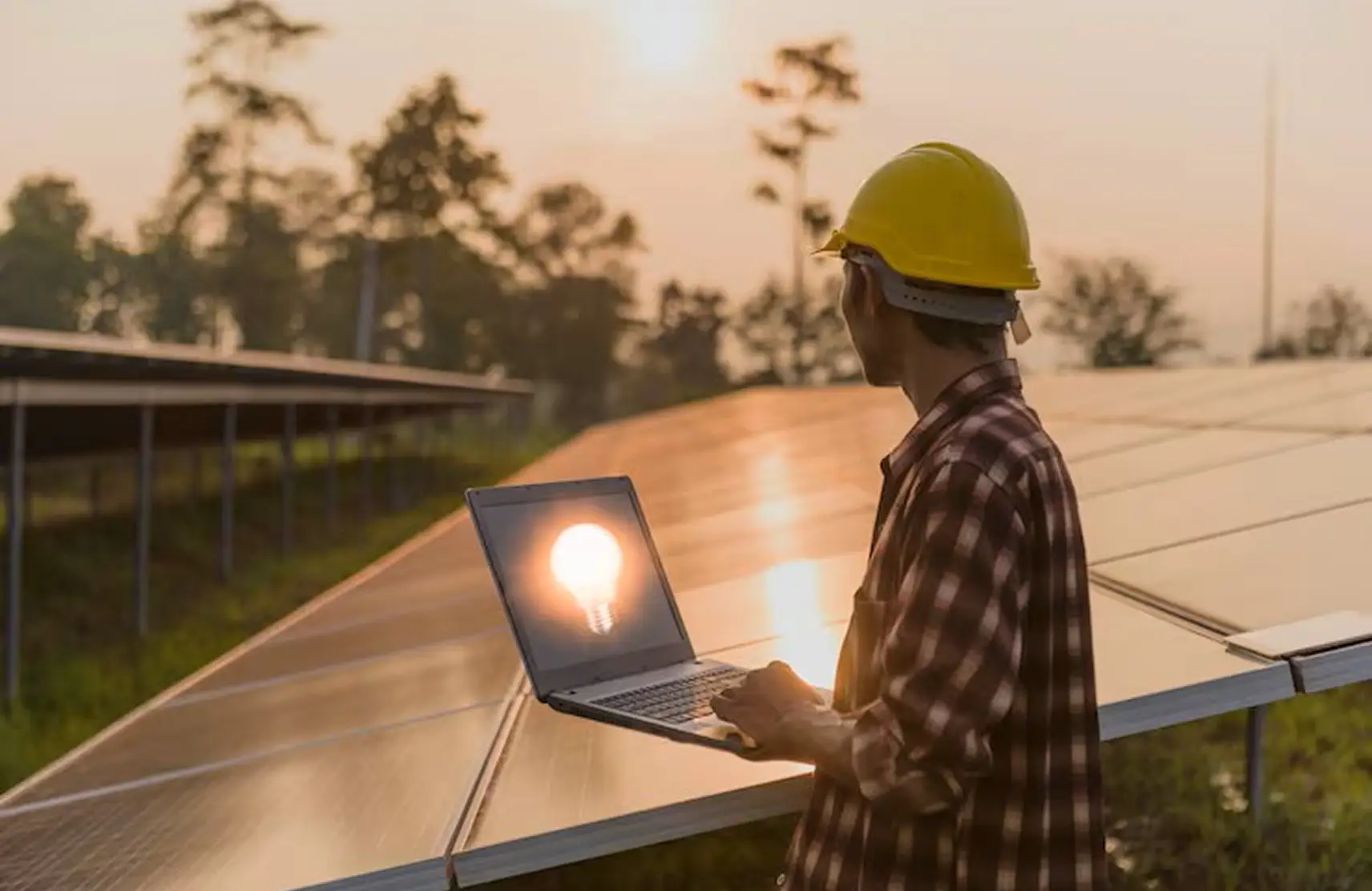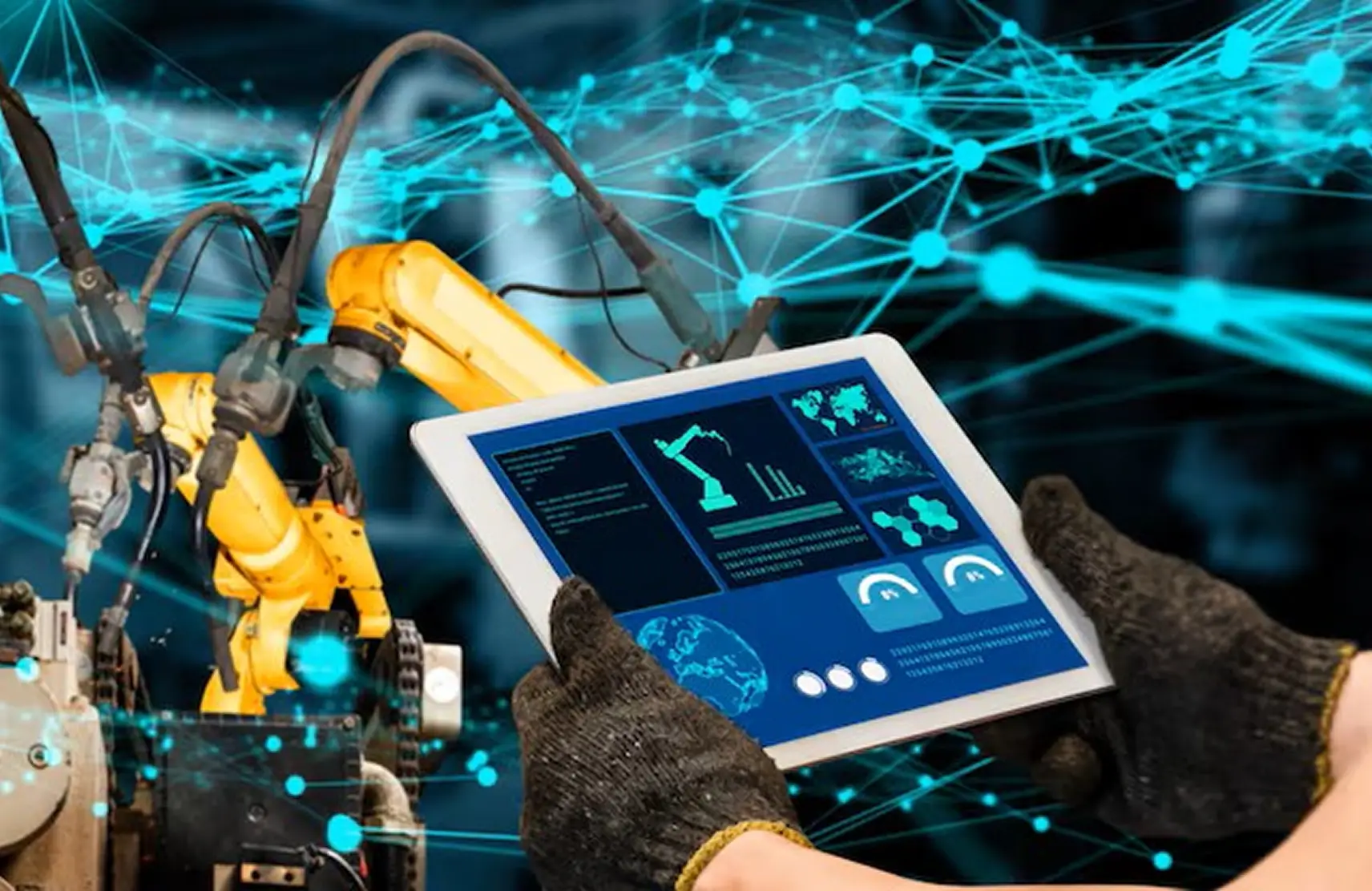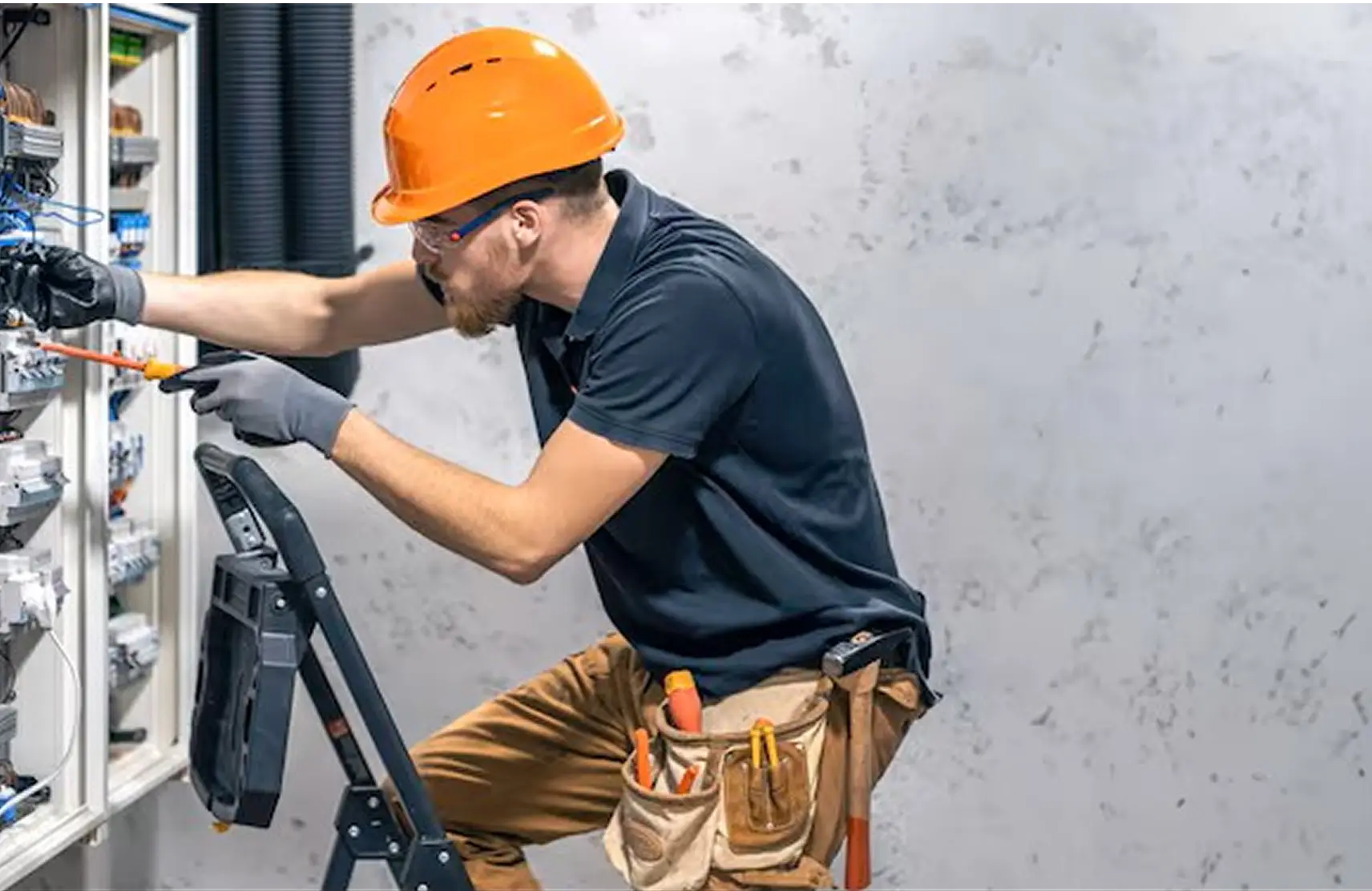
Renewable Energy Integration: The Crucial Role of Electrical Engineers

Renewable Energy Integration: The Crucial Role of Electrical Engineers
As the world transitions to cleaner and more sustainable energy sources, renewable energy integration has become a major focus for industries, utilities, and governments. Electrical engineers play a pivotal role in making this transition efficient, reliable, and safe. This blog explores how electrical engineers contribute to the integration of renewable energy systems and why their expertise is critical for a sustainable future.
Understanding Renewable Energy Systems
Renewable energy comes from sources such as:
- Solar power (photovoltaic panels)
- Wind turbines
- Hydropower plants
- Biomass and geothermal systems
While these sources provide clean energy, they are often intermittent and variable, creating unique challenges for power grids. Electrical engineers analyze generation patterns, load demands, and storage options to ensure stable and efficient power delivery.
Designing Grid-Connected Systems
Integrating renewable energy into the existing electrical grid is complex. Engineers are responsible for:
- Grid interconnection design: Ensuring solar or wind farms connect safely and efficiently
- Voltage regulation and frequency control: Maintaining stability despite variable renewable inputs
- Protection systems: Preventing faults or damage to grid infrastructure
Proper design ensures that renewable energy does not disrupt the reliability of the grid while maximizing energy contribution.
Energy Storage & Load Management
One of the biggest challenges in renewable integration is energy intermittency. Electrical engineers implement:
- Battery storage systems to store excess energy for peak demand
- Demand response strategies to balance supply and demand in real time
- Smart inverters that control power flow between renewables, storage, and the grid
These solutions make renewable energy predictable and dependable, even when the sun isn’t shining or the wind isn’t blowing.
Smart Grid & Automation
Modern grids are increasingly digital and automated, allowing better control of renewable resources. Electrical engineers develop:
- IoT-enabled monitoring systems to track energy production and consumption
- AI-based predictive algorithms to forecast renewable generation and adjust loads
- Automated switches and fault detection systems to prevent outages
Smart grids enable efficient integration of multiple renewable sources while improving reliability and energy efficiency.
Compliance, Safety, and Sustainability
Electrical engineers ensure that renewable energy projects meet:
- National and international electrical codes (IEC, NEC)
- Safety standards for workers and the public
- Environmental and sustainability regulations
Their work guarantees that renewable projects are safe, compliant, and environmentally responsible.
The Impact on Businesses and Communities
Effective renewable energy integration leads to:
- Lower energy costs for industries and households
- Reduced carbon footprint and environmental impact
- Enhanced energy independence for communities and businesses
- Long-term sustainability and resilience in energy infrastructure
Electrical engineers are at the forefront of delivering these benefits by designing, implementing, and maintaining renewable systems.
Electrical engineers are the unsung heroes of the renewable energy revolution. Their expertise ensures that clean energy can be efficiently harnessed, safely integrated, and reliably delivered. From designing smart grids to implementing storage solutions and automation systems, electrical engineers make renewable energy not just a concept - but a practical, reliable reality.



